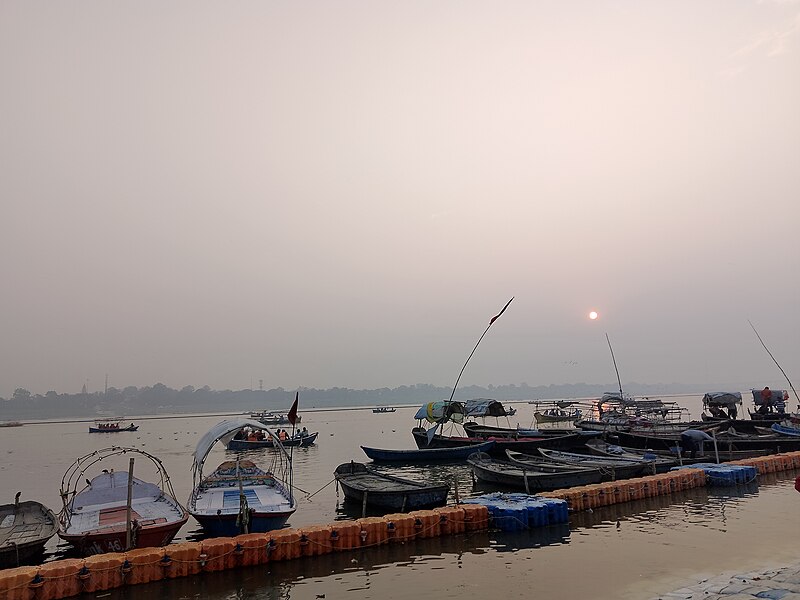Sena is right on Ghulam Ali
Ravi Shanker Kapoor | October 11, 2015 1:46 pm
Pakistani singer Ghulam Ali has suddenly become the touchstone of liberality and secularism. And, eager to be seen on the politically correct side of the spectrum, every non-saffron politico is inviting the singer to their state. On the face of it, there are no two sides of the debate: Shiv Sena has curtailed the free speech on a number of occasions in the past; it has again sought to restrict the expression of a well-known artist; ergo, the Rightwing party is wrong. QED. A closer scrutiny and sounder reasoning, however, lead to the opposite conclusion.
To begin with, it is not a freedom-of-expression issue. First, the Right to Freedom of Expression is available to Indian citizens, not to foreigners, certainly not to the citizens of an enemy country, however eminent they may be. Second, the resistance to Ali’s performance in India is not to the contents of his concerts—his ghazals are anyway widely relished in our country—or even to his person; the resistance is to his nationality. Art and politics cannot be separated because Singer Ali and Citizen Ali remain one and the same person. Ali belongs to a nation whose hostility towards and hatred for India has assumed pathological dimensions; it is a nation whose mission is the annihilation of India as we know it.
One need not be a national security expert to know that Pakistan is a jihad factory, that it arms and abets terrorists to murder our soldiers and citizens. Against this backdrop, as it is it is deplorable that we continue full diplomatic ties with Islamabad; widening, deepening, and enhancing the relations would be downright shameful and disastrous. I have argued earlier that India should end all its ties—diplomatic, economic, cultural—with Pakistan. This will, among other things, convince the world that our protests against terror are not pro-forma but genuine. We can’t accuse somebody of murder and then hug them.
Unfortunately, whenever efforts are made to sideline Pakistanis—cricketers, artists, etc.—a howl of protests follow. The popes of public discourse harangue us not to discriminate against players on the basis on their nationality; they tell us that cricket should not be mixed with politics. Well, why not? Sports are a part of life and, therefore, are intertwined with all other human affairs. This was the reason that during the Apartheid era South Africa was not allowed to participate in international sporting events; there were also restrictions on sportspersons who played in that country.
In a nutshell, there is nothing wrong in severing cricketing ties with Pakistan. Nor is there anything bad in disallowing Pakistani artists perform in India.
Photo: Courtesy www.widipedia.org






























